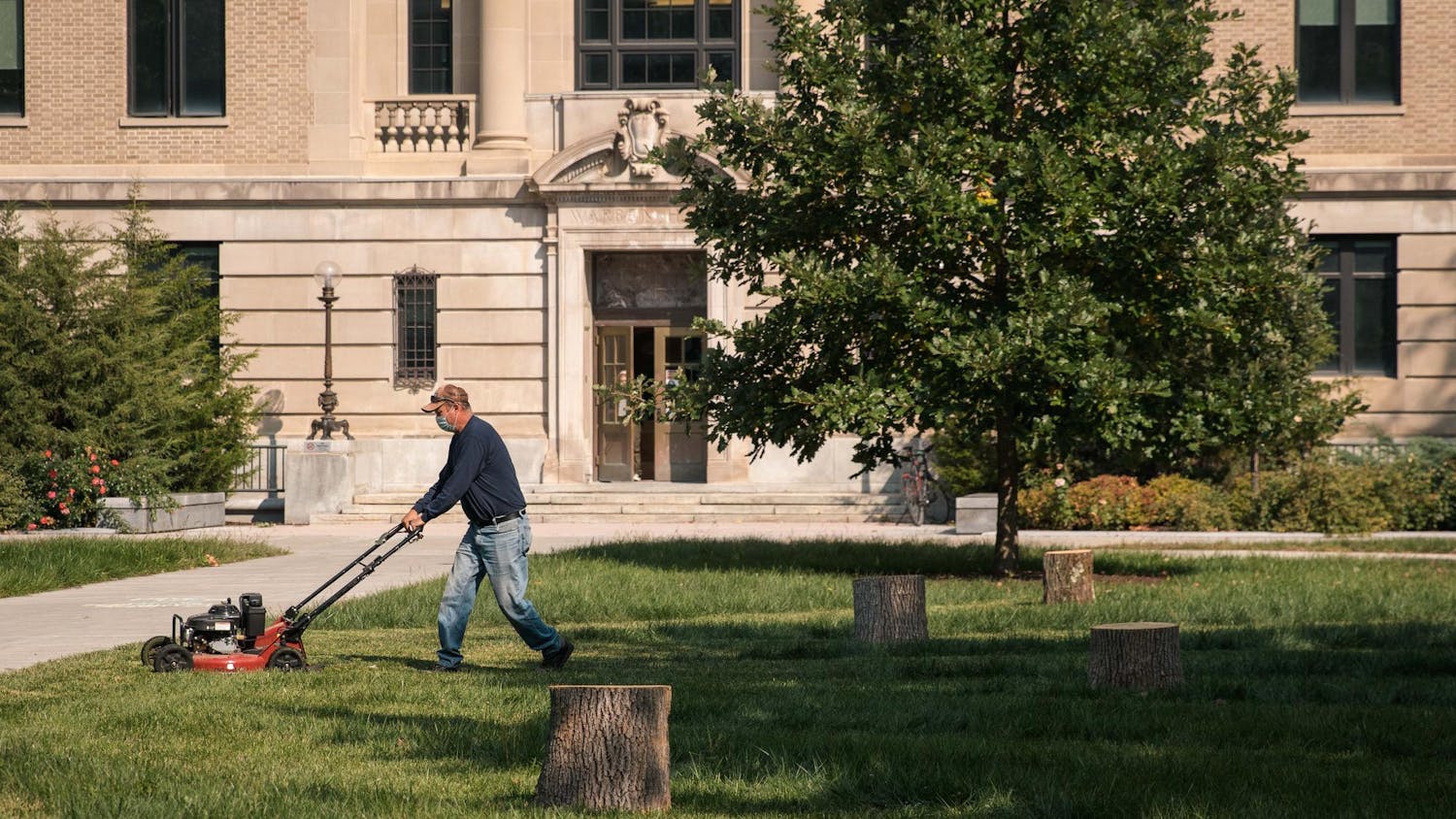After nearly a day, Cornell RAs will suspend their strike 2 p.m. Thursday. Many RAs went on strike because they felt underpaid, unprotected from COVID-19 risks and unheard by the administration.
The strike that started with just over 50 signatures from current RAs rapidly garnered support from hundreds of students, faculty and alumni. The petition gained over 800 signatures on Wednesday, giving the R.A.s more leverage. On Wednesday afternoon, in response to the strike and public outrage, Vice President for Student and Campus Life Ryan Lombardi said he would meet with the organizers “as soon as possible.” On-campus move-in for thousands of students starts in just a few days. Diego Galvan ’23 spent Wednesday on strike, along with many of his colleagues. “I bought groceries, played piano and sat back and watched it all unfold,” Galvan said. “It is really nice to see we had 800 people in just one day already standing on our side.” Galvan said that he was disappointed in the working conditions that led him to strike, but he felt that the issue was a still low priority for the administration. “During my experience as a Cornell student as a whole, it has felt like the administration has the sole interest of their own financial benefit,” Galvan said. “They don’t take into consideration the interests of students, from my experience.” According to Jason Chang grad, the administration told RAs that they are not responsible for enforcing the campus behavioral health compact, but he, Galvan and other RAs felt that they are often left with no other choice. If they don’t enforce the rules, then they live with the risk of sharing spaces with undergraduate students behaving unsafely, some of whom have not yet been tested for COVID-19.Because the university has agreed to begin a larger process of communication and dialogue, we will be suspending the strike and returning to work at 2:00 PM today.
— Cornell RA's (@cornell_ra) August 20, 2020
The strikers’ list of demands included a mix of safety measures, representation in decision-making processes and hazard pay. The live-in student advisers also wanted more protective equipment, and cost-of-living raises that take additional workload into account. Since RAs are expected to shoulder more responsibilities this semester, they wanted administrators to notify them first before they address the larger campus community. To ensure their interests are represented in the future, they also asked for an RA representative present at Housing and Residential Life meetings and a professional staff liaison. The organizers specifically named the Housing and Residential Life department — and not residence hall directors and area coordinators, who they thanked their RA advocacy. “R.A.s are integral to this reopening plan,” the strike organizers posted on social media. “We need PPE, we need sanitation, we need our concerns to be heard, we need not be overburdened, we need consistency, we need communication. We need empathy, then you can ask for grace.” The RA strike organizers shared their demands in a series of graphics on Twitter and Instagram The RA demand slide deck had 500 retweets, and their Instagram page gained 880 followers in just over a day. Jeff Pea grad was one of the organizers behind recent graduate student advocacy for more autonomy in deciding to teach in-person or not. Pea thought that the RAs strike strategy was effective, although risky. “When we saw how the administration responded to feedback from the community, it seems like the most effective approach is either through volume [of people advocating] or critical action,” Pea said. “I think it was really smart [to strike], and will get them leverage to get those minimum protections that should be there but aren’t. I was surprised by it, but I support them.” Raphy Gendler ’21 and Meghna Maharishi ’22 contributed reporting.It’s 10:50 PM on the first major day of @Cornell students moving back on campus. I’m wearing PPE that I bought to protect myself while putting up more signage for residents that are already violating quarantine and the behavioral compact.
I’m tired. My fellow staff are tired. pic.twitter.com/L84CY0cwpg — Jason “ACAB” Marvin (he/him) ?️?????♂️? (@JasonCMarvin) August 18, 2020
Read More











